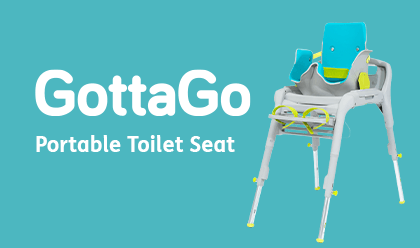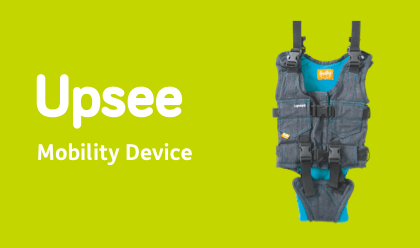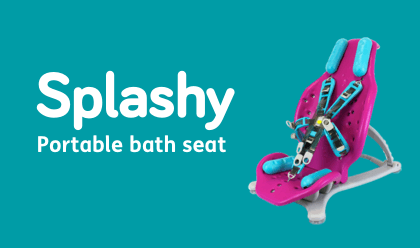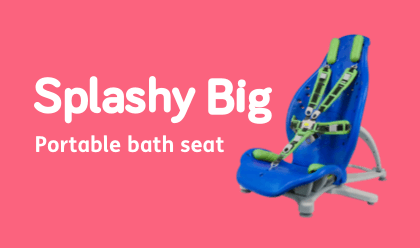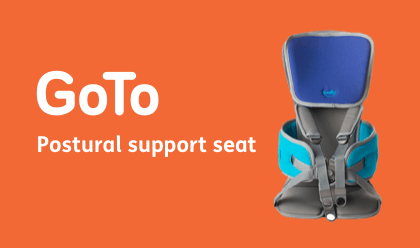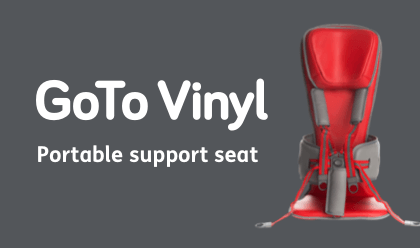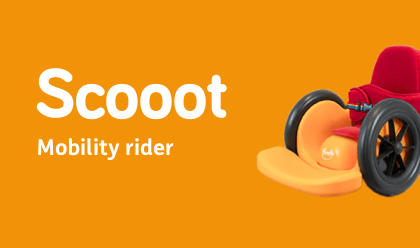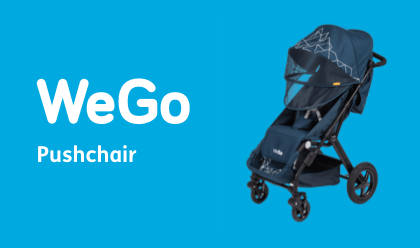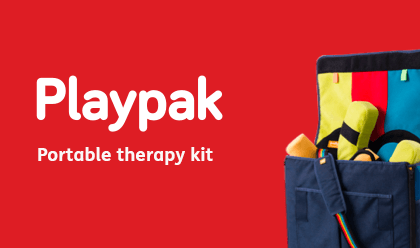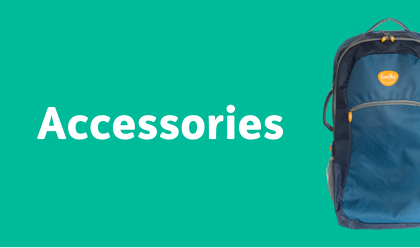The Judgement of Mothers: When Breast Isn’t Best

I have no problem with any mother who breastfeeds her baby in public.
There is one thing that I wish these women wouldn’t get out in public, though:
their judgey-faces when they see a mother bottle-feeding.
Firstly, they are assuming that what is in the bottle is formula.
Secondly, they are making assumptions about the reasons why that mother is bottle-feeding.
I would not argue with the fact that breast milk provides the optimum nutrition for (most) newborn human babies; but somewhere along the way the ardent supporters of the ‘Breast is Best’ campaign have moved away from simply encouraging as many women as possible to breastfeed and pushing for the provision of adequate support for breastfeeding mothers, towards encouraging the judgement and vilification of those who bottle-feed.
Expectant and new mothers are presented with information that magnifies the risks associated with bottle-feeding in the developed world.
It is suggested to them that if they do not breastfeed, their babies will become deficient in certain nutrients which could adversely affect childhood development: advice which completely ignores the fact that formula is supplemented with these nutrients – a bottle-feeding mum is not giving her baby half-a-pint of pasteurised straight out of the fridge, she is using a product engineered to replicate human milk as closely as possible.
I have even come across the suggestion that there may be a link between bottle-feeding and autism.
There is NO scientific evidence to back this up, it’s just scaremongering.
Young mums are bombarded with messages that imply that if they do not breastfeed then they do not want, or are not prepared, to do the best for their child, that they will be letting their child down.
This is no exaggeration. Increasingly, people get their information online, and this is where the ‘breast v. bottle’ debate gets particularly vicious.
The backlash against anyone who dares to try to advocate for bottle-feeding mothers is the most savage, especially if you dare to utter the phrase ‘fed is best’:
‘Non-breastfeeding mothers are selfish. It’s not about you anymore once a baby comes along.’
‘Fed is not best, fed is the minimum. You might as well congratulate a mother on managing to not kill her baby as give her a pat on the back for bottle-feeding.’
I’ve come across dozens of quotes like these online. I’ve even seen formula-feeding described in terms of legalised neglect. Wow.
The more reasonable online articles often suggest that bottle-feeders do not want to hear the health messages about breast-feeding due to guilt about their own ‘failure’ to breast-feed.
By attributing guilt as a motive they validate the idea that bottle-feeding mothers should feel guilty.
Can you imagine the response if anyone tried to make breastfeeding mothers feel guilty about trotting back off to work, breast pump in briefcase, before their babies were weaned, instead of staying at home to ‘look after them properly’?
We’d be told to get out of the dark ages – this is the twenty-first century, accept that mothers have a right and a need to return to work (which indeed they do).
Well, I would say this to the breast-feeding bullies: ‘Come out of the dark ages – this is the twenty-first century, mothers have a right and sometimes a need to bottle-feed.
But the guilt argument does at least acknowledge that many try breast before bottle.
Not quite hard enough, though, apparently, because, as we are often informed a few lines further down the article, only a very small proportion of women are physiologically unable to breastfeed (about 2%).
All we really needed to do was persevere and get some better support.
It’s as if complete inability to lactate were the only valid reason for bottle-feeding. But it isn’t.
For some mothers and babies no amount of support or perseverance would facilitate breast-feeding: because some babies are unable to breast-feed.
That’s right. For diverse medical reasons some babies cannot breast-feed.
Either they cannot suckle effectively (if at all), or they cannot obtain enough calories from breast milk. I know this because it’s something I have personal experience of.
Yes, I know it is sometimes possible to breast-feed a baby with Down’s Syndrome. I was bombarded with that message too. Sometimes it is possible, but not always.
Not that any judgey-faced, hashtag ‘keeponboobin’ mum witnessing me bottle-feeding my baby in a coffee shop would have been able to tell that he had Down’s (unless she came and stared at us rudely for a very long time).
She certainly would not have been able to see the heart defect that meant he quickly became breathless and exhausted, or the problems with his blood that had the same effect.
She would not have known the effect that hypotonia has on the facial muscles used in suckling.
She would not have been aware that being able to satisfy his hunger by sucking on a fast-flow teat, snuggled in his mummy’s arms, was a step up from having mummy poke her hands through the doors of an incubator to administer EBM by naso-gastric tube.
She could not be expected to know how that ‘selfish’ mother had set an alarm to wake her every third hour through the night so that she could express the milk she poured into that tube.
How she continued to do that even once he came home from the hospital, even though he had to be fed every three hours, and took an hour and a half to drink the minimum amount necessary for his wellbeing; leaving only an hour and a half in which she could pump milk for the next feed, do everything else she needed to do to look after her two other children, and to eat, or sleep, herself.
Since there was no convenient dial on his forehead showing energy use per hour, she could be forgiven for not realising how high his calorie needs were in those early days, just to perform the basic functions of life, never mind to grow.
How, despite the endless 24/7 cycle of feeding, pumping, feeding, he continued to lose weight hand over fist, until the paediatrician said enough was enough, there was no way this baby would ever get enough calories from breast milk, he needed to have a prescription-only high-calorie formula if he was to have any chance of thriving.
Ms. Hashtag Keeponboobin would most likely have assumed that I had my own selfish reasons for closing my ears to the health messages about breast-feeding.
Little did she know that I had heard those messages loud and clear, about how much harm I would do to my baby if I allowed him to have formula.
In her self-righteousness there is no way she could form a picture in her mind of the day after our visit to the paediatrician, when this useless mother, having failed her poorly baby at the first hurdle, kissed him for what she believed would be the last time, then pushed him into his father’s arms and ran out of the door, determined to be under the wheels of the first heavy vehicle that came down the road.
Luckily there was hardly any traffic about that day, probably because the weather was appalling.
I was retrieved before I could come to any harm, and eventually persuaded that lack of a mother would be far more detrimental to my child than formula milk.
I would challenge any woman who dared to say in my presence ‘fed is NOT best, fed is the merely the minimal standard’ to stand at the sink scrubbing bottles until her fingers bled and there were painful cracks across her knuckles that wouldn’t heal.
Believe me, nonchalantly sticking your baby on your tit while you watch Eastenders, slurping a cup of tea, seems decidedly minimalistic compared to the work I had to do to ensure my child’s wellbeing.
The truth is that in the developed world in the twenty-first century, bottle-feeding is a perfectly safe alternative to breast-feeding. And sometimes a necessary one.
My son is eight now, and so was weaned a long time ago, but the emotions associated with those early days are still raw.
I don’t want any other mother to ever be made to feel the way I was made to feel.
So, breastfeeding advocates, before you bash out that condemnatory comment or sanctimonious blog post, stop and think – there is more than one reason why a baby may be bottle-fed.
It isn’t always a lifestyle choice, it isn’t always a choice. If you see a woman bottle-feeding in public, before you give her that look, or pass some snidey remark, remember, you don’t have all the facts.
With your nose stuck so far in the air it’s unlikely you could tell a medically-fragile baby from a Chihuahua in a handbag, so if you feel inclined to view that mother with a critical eye, take your judgey-face off to the nearest mirror and have a good, long, look at yourself, and at the real reasons why you feel the need to be so judgemental.
